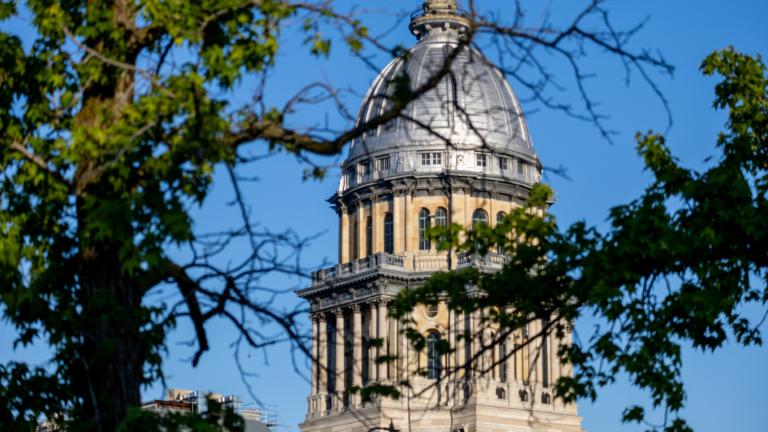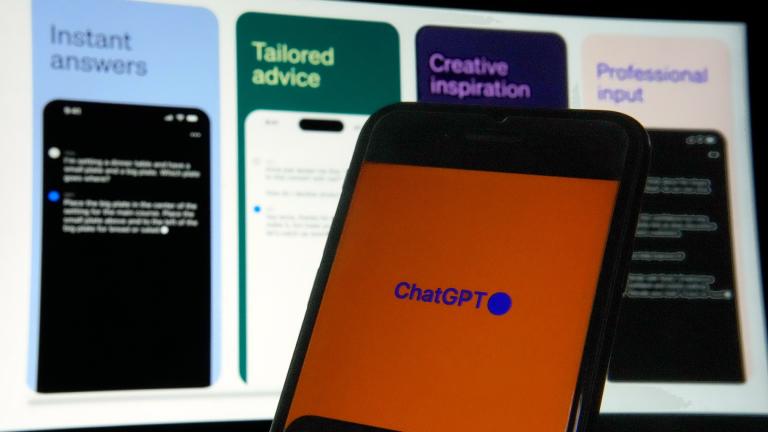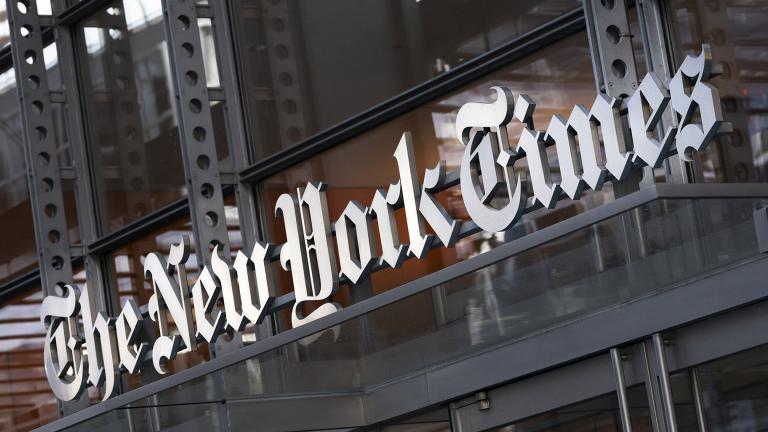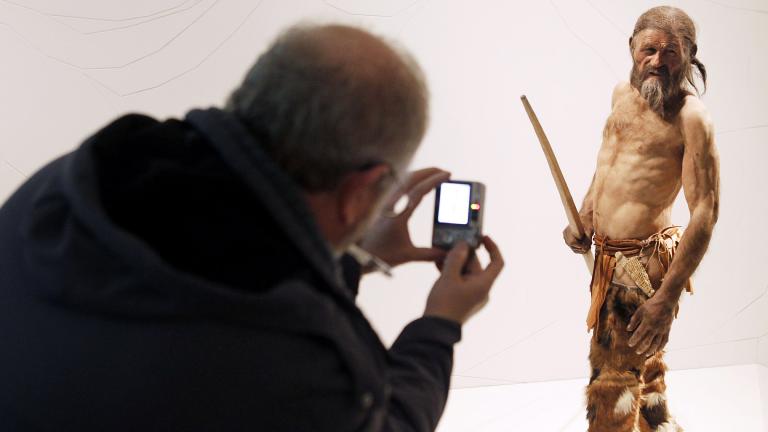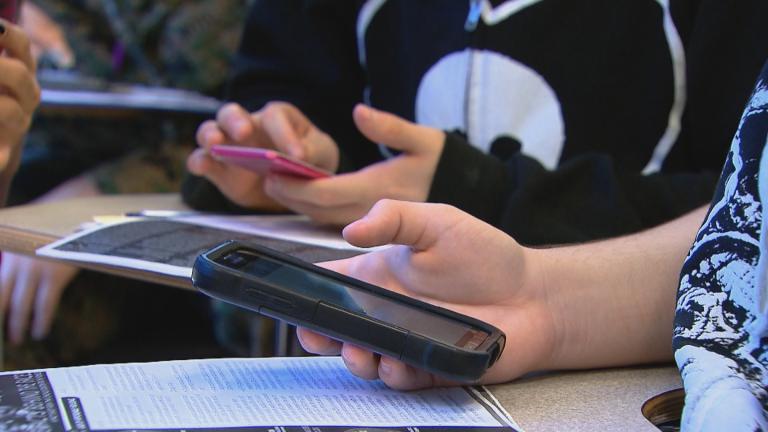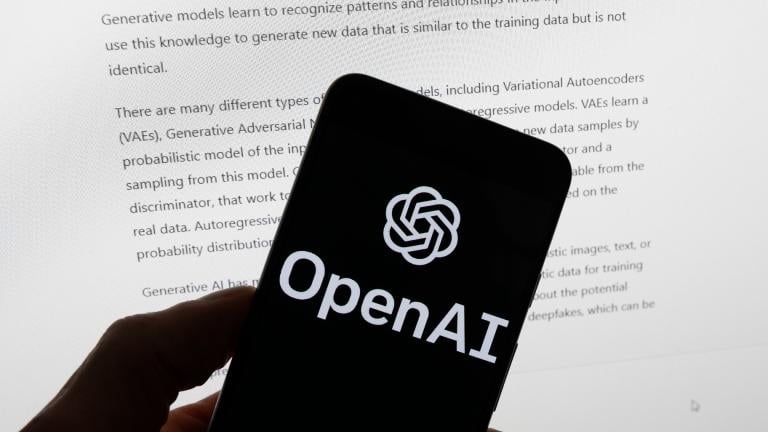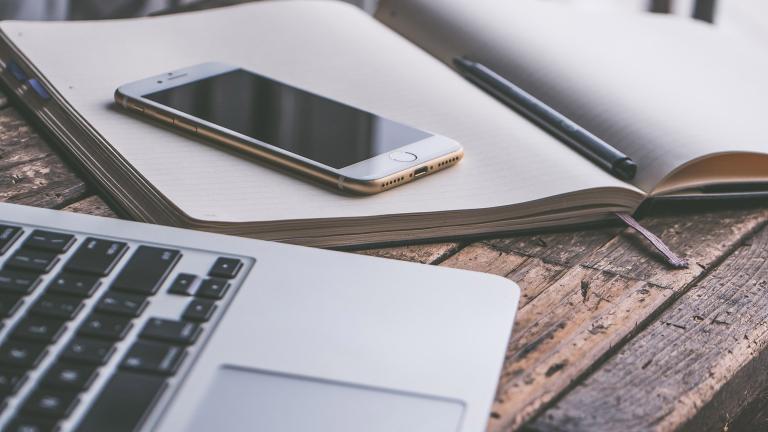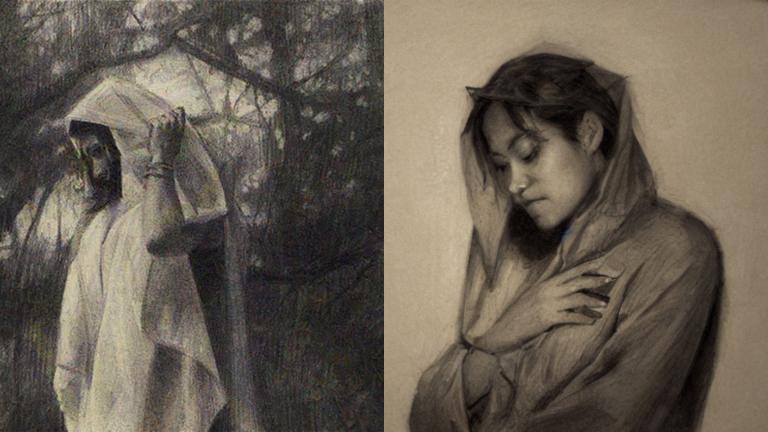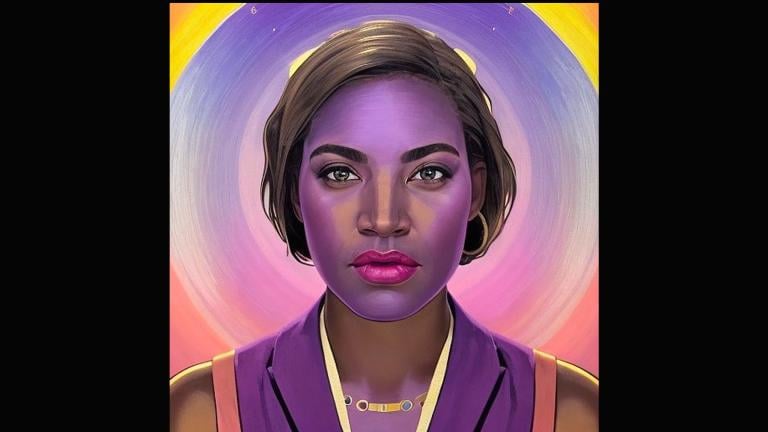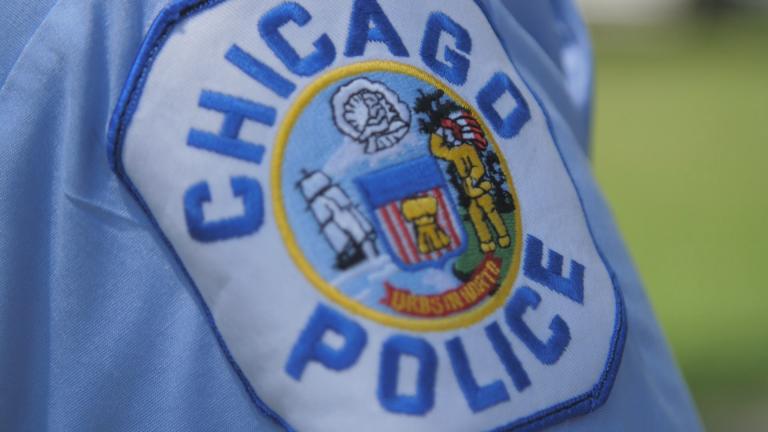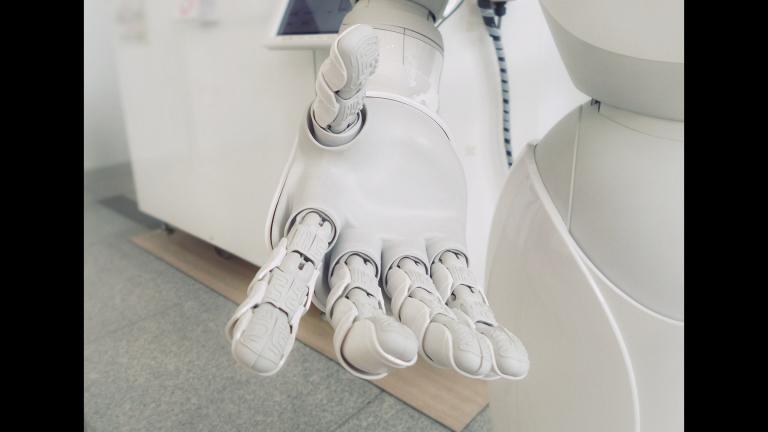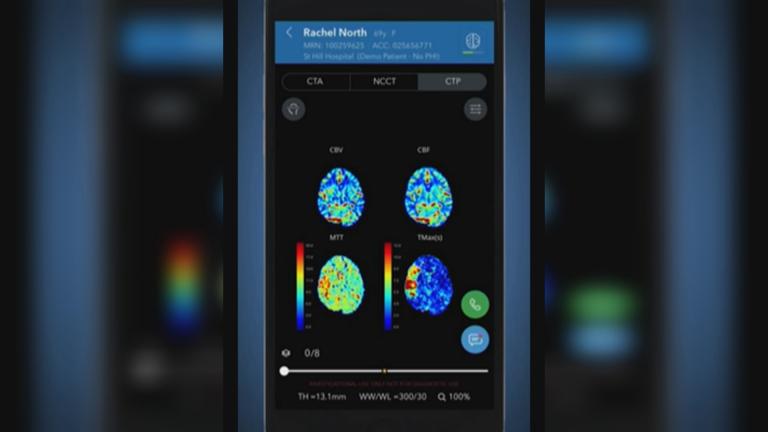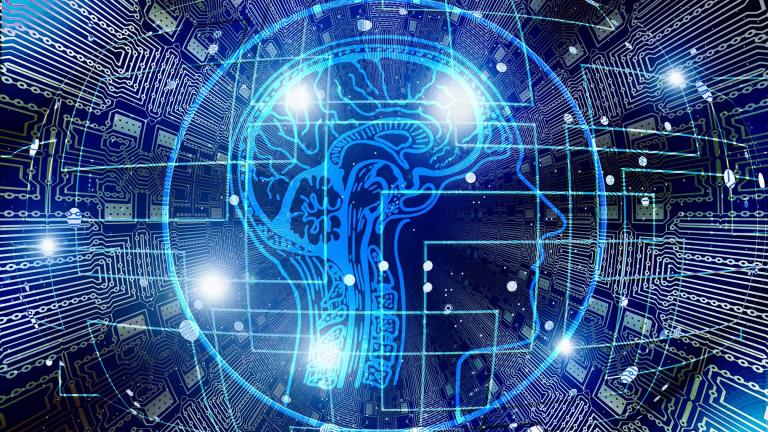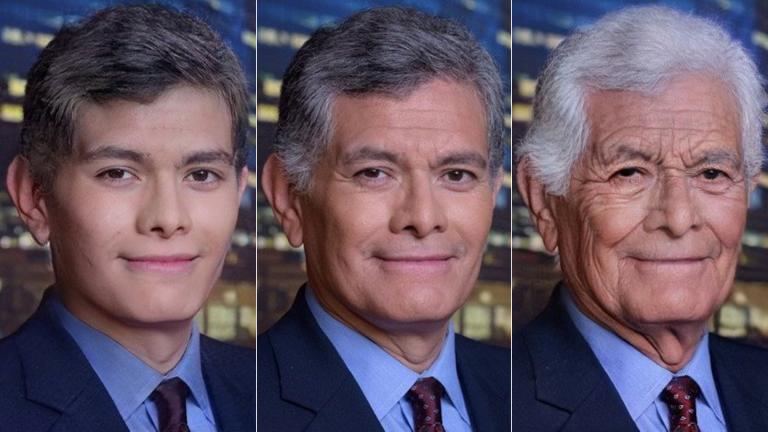A bill banning what unions refer to as employer-sponsored “captive audience” meetings about religion and politics has cleared the General Assembly. It was one of 466 measures to do so during the Illinois legislature’s spring session, including a bill allowing for digital driver’s licenses.
Artificial Intelligence
A group of eight U.S. newspapers is suing ChatGPT-maker OpenAI and Microsoft, alleging that the technology companies have been “purloining millions” of copyrighted news articles without permission or payment to train their artificial intelligence chatbots.
The Times says that the companies are threatening its livelihood by effectively stealing billions of dollars worth of work by its journalists, in some cases spitting out Times’ material verbatim to people who seek answers from generative artificial intelligence like OpenAI’s ChatGPT.
Here are six mysteries about human history that scientists have cracked in 2023. Plus, one that still has researchers scratching their heads.
College students juggling multiple responsibilities might find a shortcut through artificial intelligence apps like ChatGPT — but there’s concern that that shortcut cheats students out of a learning opportunity.
The White House said Friday that it has secured voluntary commitments from seven U.S. companies meant to ensure their AI products are safe before they release them.
An apparent AI-generated photo went viral on social media Monday showing a fake explosion near the Pentagon. Officials confirmed that the image and accompanying reports were fake. Critics pointed to the as an example of the problems that come along with the promise of artificial intelligence technology.
Powerful AI models that can realistically simulate the style of virtually any artist have many in the art world worried. In fact, some artists believe the technology has for them become an existential threat.
Some school districts have banned the chatbot, which can answer questions, generate essays and even write scientific papers from a short prompt.
Users can submit photos of themselves that the app will use to generate multiple self-portraits in different art styles using artificial intelligence technology. But the trend has also reignited concerns about the ethics regarding the use of artificial intelligence in art.
The Chicago Police Department recently started working with a controversial facial recognition tool. CPD says it’s not using it for real-time surveillance, but some advocacy groups still have concerns.
As artificial intelligence becomes more widespread, the White House lays out best practices for developing and using the technology.
Advocate Lutheran General Hospital is using artificial intelligence software to detect strokes via brain scans – and they say it allows them to initiate treatment faster than ever before.
How does scientific discovery happen? And what goes right when the process works? Those are some of the questions behind a newly launched center at Northwestern University’s Kellogg School of Management.
This fall, students at the Illinois Institute of Technology will be among the first in the country to have the option of pursuing an undergraduate degree in AI. Aron Culotta, director of the new program, tells us more.
As the popularity of a photo-transforming app has skyrocketed, so has new concern over privacy. Derek Eder of Chicago-based company DataMade weighs in.

